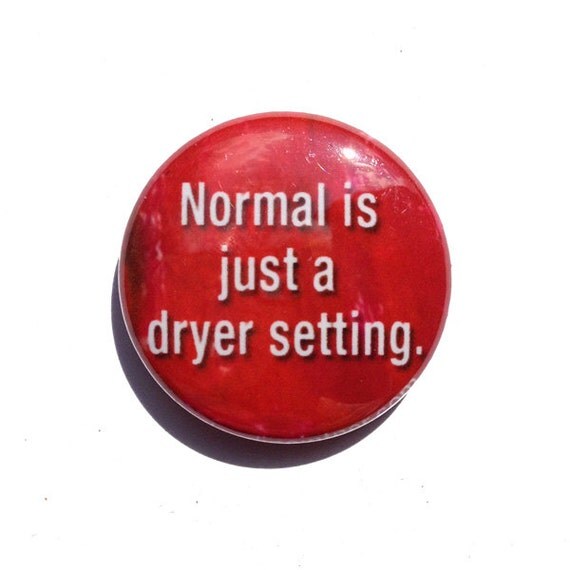And now, back to my writing process. I thought it might be interesting to talk about a challenge I'm dealing with at the moment as I work through the first draft of my work-in-progress, tentatively entitled EJ. In case you don't regularly read my blog, the protagonist is named Elizabeth Janeway and is known by all but her mother and one other close friend as EJ. As with many stories, it starts in the middle, goes back to the beginning, and then passes the point where it began roughly halfway through the story arc, finally ending a number of years later. In this case, EJ is sixteen as the story opens and then it immediately flashes back to when she's six, with the plan to have her be a young adult, probably less than twenty, at the very end.
 |
| Frank McCourt https://commons.wikimedia.org/ w/index.php?title=User:Suhanri_ Simanullang |
So my initial choice was point of view. Was I going to go first person from EJ's perspective? She is, in her mother's words, quite precocious, even borderline brilliant, for a youngster, but did I want to write in a voice that changed as it aged? It worked well for Frank McCourt in one of my favorite books, Angela's Ashes. Granted, he was writing a memoir. Yes, he could have written it as a memory told by an adult, but part of the brilliance of his writing was that he wrote it in an ever-evolving voice that grew and changed as he matured. The first chapters read just the way we would imagine a young Frankie would talk, with long, roaming run-on sentences and sudden diversions brought on by a highly thoughtful, observant child. But by the end, as a teenager boarding a ship for the United States, Frank's mind is more disciplined and mature, as is, by extension, the narrative. So he was never writing in exactly the same voice. I've always been intrigued by the process he must have gone through. But, to be honest, I'm just not sure I could pull it off with the memorable flair that McCourt, with his lyrical Irish rhythm that sounds like poetry, seemed to accomplish with no apparent effort. I decided I wasn't brave enough to try.
 |
| Franz Kafka https://commons.wikimedia.org/ publicdomain |
So that left third person. But I still had decisions to make. Was it going to be fully omniscient or just reveal the thoughts of one character? I considered EJ's mother, allowing her to marvel at the old, thoughtful soul she'd somehow brought into the world. But the story arc is such that this just wouldn't be possible to carry through the entire book. So I then considered changing whose thoughts the narrator revealed partway through the book, a la Franz Kafka in The Metamorphosis, a tale that tells the thoughts of Gregor Samsa from the morning he wakes up to find he's been changed into a giant dung beetle until the day he dies of self-imposed starvation. After Gregor's death, we suddenly begin to hear the thoughts of his parents, who, sadly, have not learned anything from their son's tragic life and death.
I wasn't scared of that. But I found I wasn't intrigued by it either. I still clung to the idea of telling the story from EJ's point of view. So I decided I would split the difference. My third person narrator is a separate voice altogether, but only EJ's thoughts are revealed. And, in a lot of ways, I have the best of both worlds because when I want to, I can lapse into sections in which I allow EJ to take over the narrative, so to speak, and use her voice when it suits me, going back to the patterns and cadence of the narrator when it doesn't. This is where the challenge comes in. I need it to be a conscious choice when I move from one to the other. Otherwise I run the risk of falling completely into one or the other partway through. Either one would work if I chose to do it that way. I trust that the way I am doing it, with a balance between the two, will also work. But I have to stay consistent. Slipping unconsciously into EJ's voice and staying there won't work at all. Neither would starting by allowing EJ to slip through occasionally and then just forgetting that as the story progresses. Either of those would make it apparent that I didn't maintain the narrative voice I planned to adopt. That's just sloppy writing and good readers won't buy it--in the literal or the literary sense. So I can never stop asking myself if I'm speaking as the narrator or I am allowing EJ's voice to filter in. As I said, she's quite precocious and tends to talk even when I don't want her to.
 |
| One of what I imagine is most authors' favorite haunts |
I hope you'll forgive me if I sounded less like a writer and more like a literature teacher today. I find that my work as one definitely informs my work as the other. After all, if I weren't an avid reader and teacher of good writing, I wouldn't know about all the narrative options from which I can choose. Then again, if I weren't an avid reader, there's every possibility I'd never have been interested in being a writer anyway. I guess they exist, but writers who don't like to read seem rather chimerical to me.
I hope you enjoyed this little trip into the tangled web that is my brain as I write, or at least as I think about and plan my writing. I'm one of those folks who doesn't really fully understand what he thinks until he writes it down and then reads it, so even if it wasn't helpful to you, it helped me make sense of some things.












